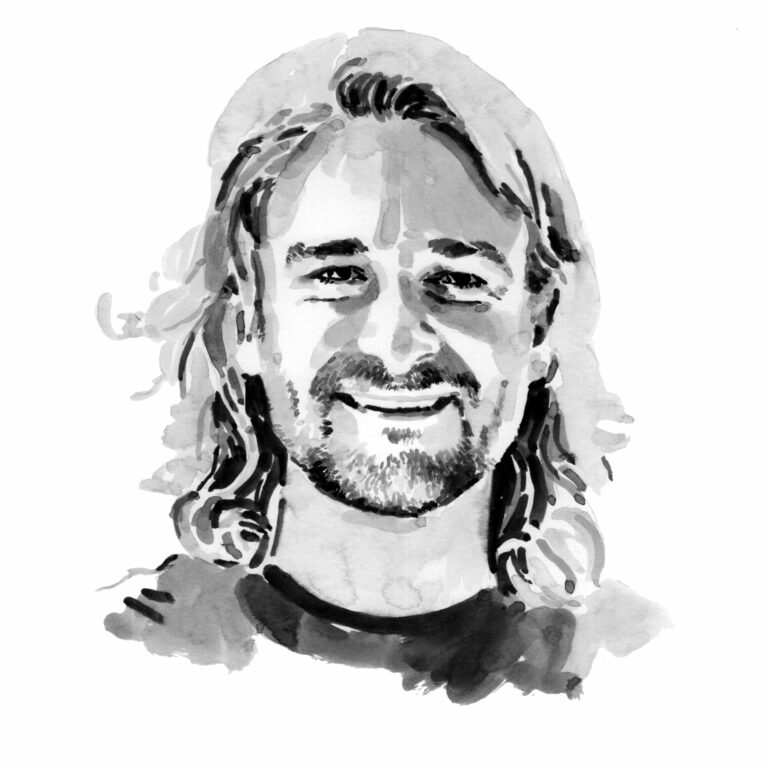Jannes Landschoff

Who I am
I am a marine biologist, trained crustacean specialist, ecologist, and a naturalist of many kinds. My biggest passion has always been the ocean. Born as the son of a biologist I spent my childhood exploring the fields and marshes of northern Germany looking for insects, frogs or birds, or spending my holidays with my dad kayaking and fishing on the Scandinavian lakes. I had my most influential time after high school volunteering in nature conservation, when I stayed for two years on a Wadden Sea Island in the North Sea. Here I lived extremely closely to nature and amongst a group of like-minded young people. Ten years later I graduated with a PhD in marine biology from the University of Cape Town and dedicated my passion to the unique marine ecosystems of South Africa. It was during my Masters when I first met Craig Foster.
Craig’s approach and life reminded me of the life I had once lived before, on that Wadden Sea Island, but the in-built disconnect in modern-day research had separated me from this very basic and pure form of existence. Studying biology and conservation had also sensitised me more and more to the enormous challenges we face on this planet. I then started working with Craig extremely closely on a daily basis, over many years forging a deep passion, friendship, and working relationship around learning from and celebrating nature once again. The many experiences we since had, and the many nature discoveries we made as the Sea Change team strongly influenced our journey and led to telling it through My Octopus Teacher. It is my wish that with 1001 Seaforest Species we can continue this path and inspire people to rediscover their very own reciprocal relationship with Mother Nature.
Where I work
Craig and I, we work at the tip of Southern Africa where the strong and fast Agulhas Current transports warm subtropical water down from the Indian Ocean and meets the mighty Benguela Upwelling System that provides cold and nutrient-rich water from the deep to the coastal zone. Water temperatures average around 15°C, can go beyond 20°C in summer, but can also easily drop below 10°C. Kelps, large and canopy-forming laminarian algae, prosper in these nutrient enriched waters and grow into a wild underwater forest. In order to create a local and global conservation framework for this magnificent ecosystem we named this underwater wild the ‘Great African Seaforest’.
What I do
With Craig, our daily routine includes a practice of diving with minimum gear and no wetsuit. We feel that in the dense kelp forest SCUBA equipment is suboptimal to us and that the wetsuit-less diving connects us to the ecosystems at a very deep level. The cold is a strong barrier and the approach takes time to get used to, but it gives us a small window in which we feel very connected, present, and very close to ourselves inside this environment. It is our philosophy that this reflects strongly onto our encounters in nature and that ultimately this can be felt throughout all of our work. At Sea Change we function as a close team of scientists and media experts, which allows us to cover a large spectrum of skills. For our ambitious longterm 1001 Seaforest Species project this is essential. To compile existing information we review a lot of highly specialised literature, gather new data such as new or rarely documented species and behaviours, and we aim to find novel and creative ways to open a window into the world of these remarkable organisms. We do all of this so that, channeled through our dedication, new stories emerge from Mother Nature herself which find their own way into a broader conservation message.
